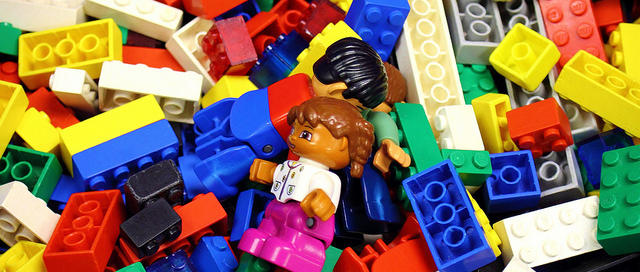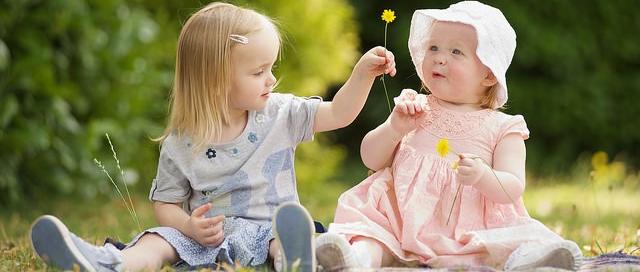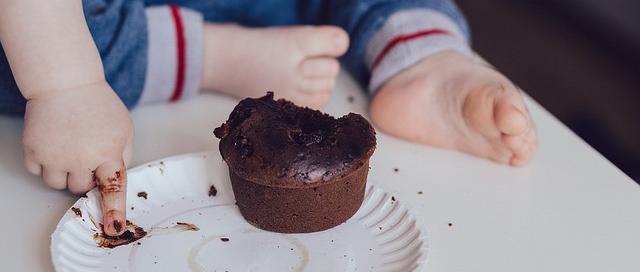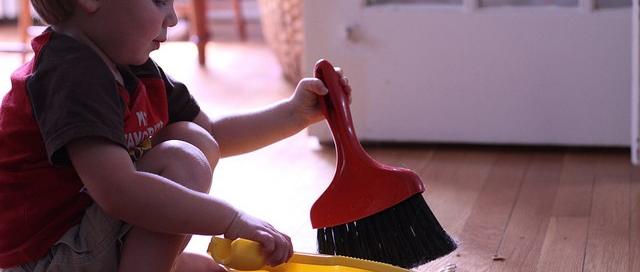Sydney Hospital Using Emoji Boards to Help Children Express Their Emotions
When you are feeling sick but have no idea how to explain it in words, sometimes an emoji is all you need to get the message across. And that's the tool patients at the Sydney Children's Hospital in Randwick are using to communicate to nurses and other medical staff every day. In August the hospital [...]










